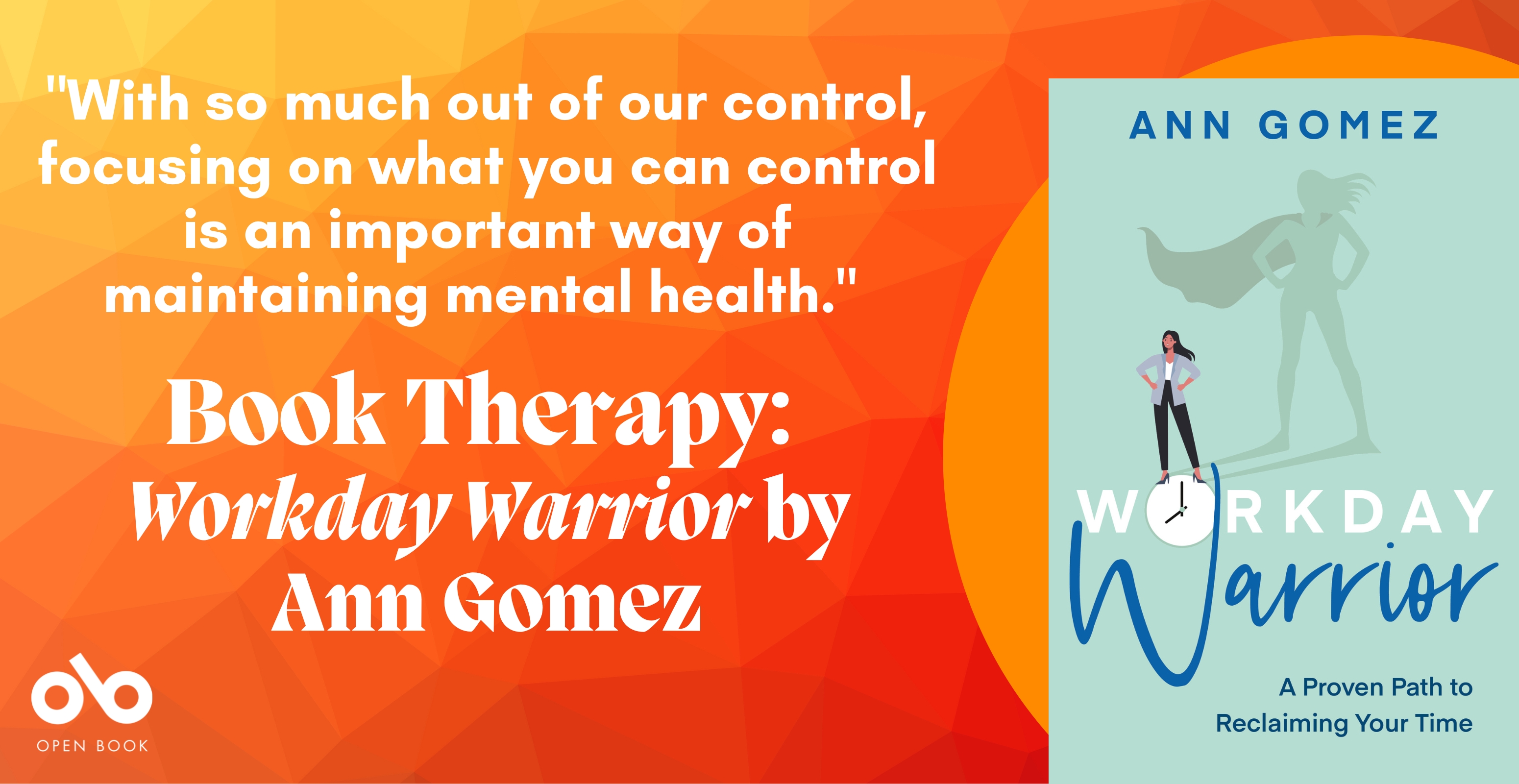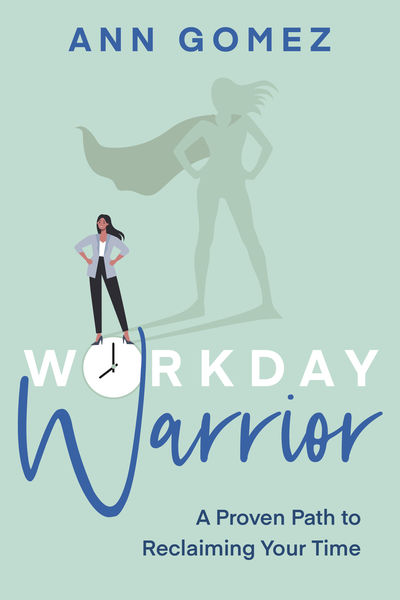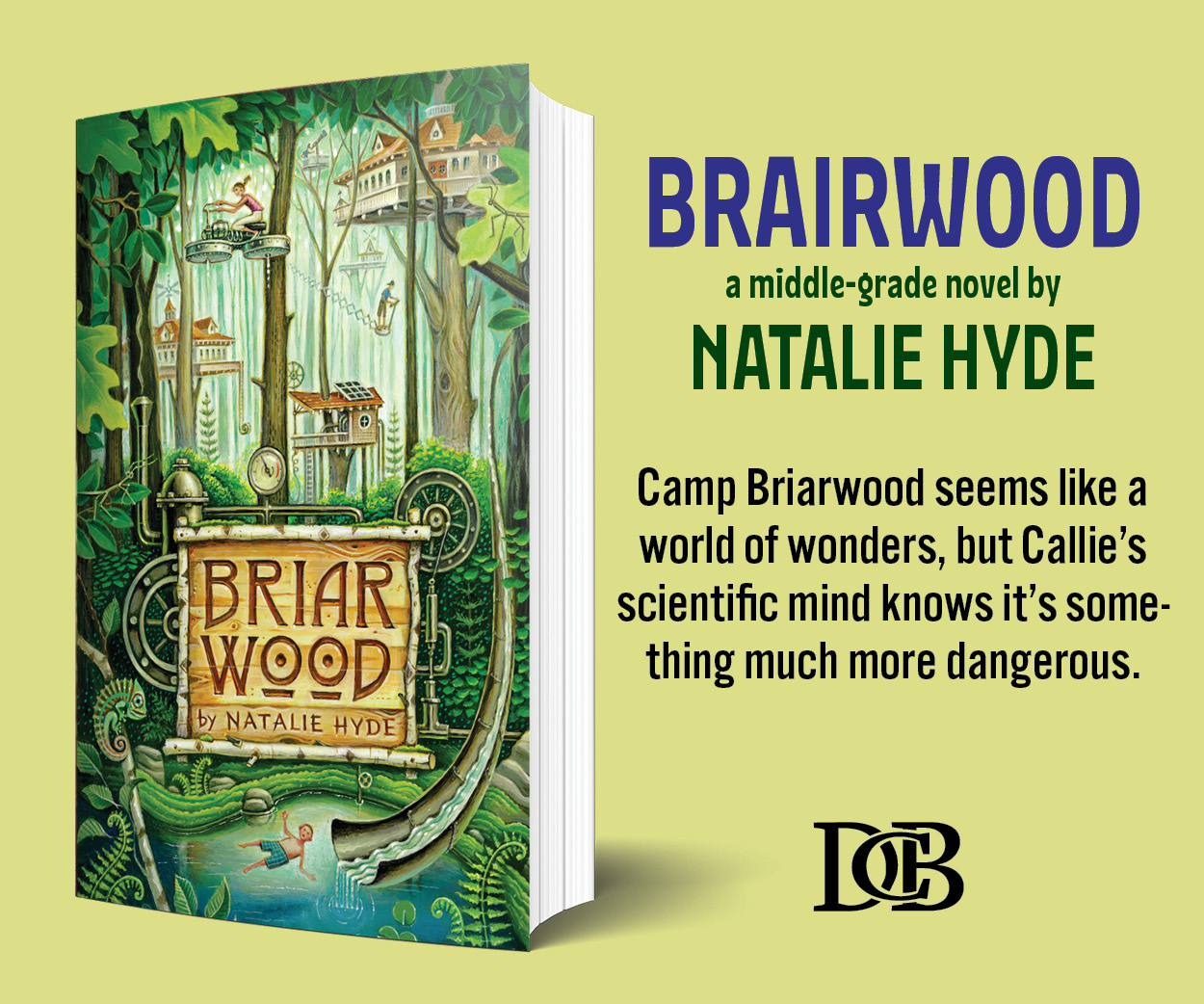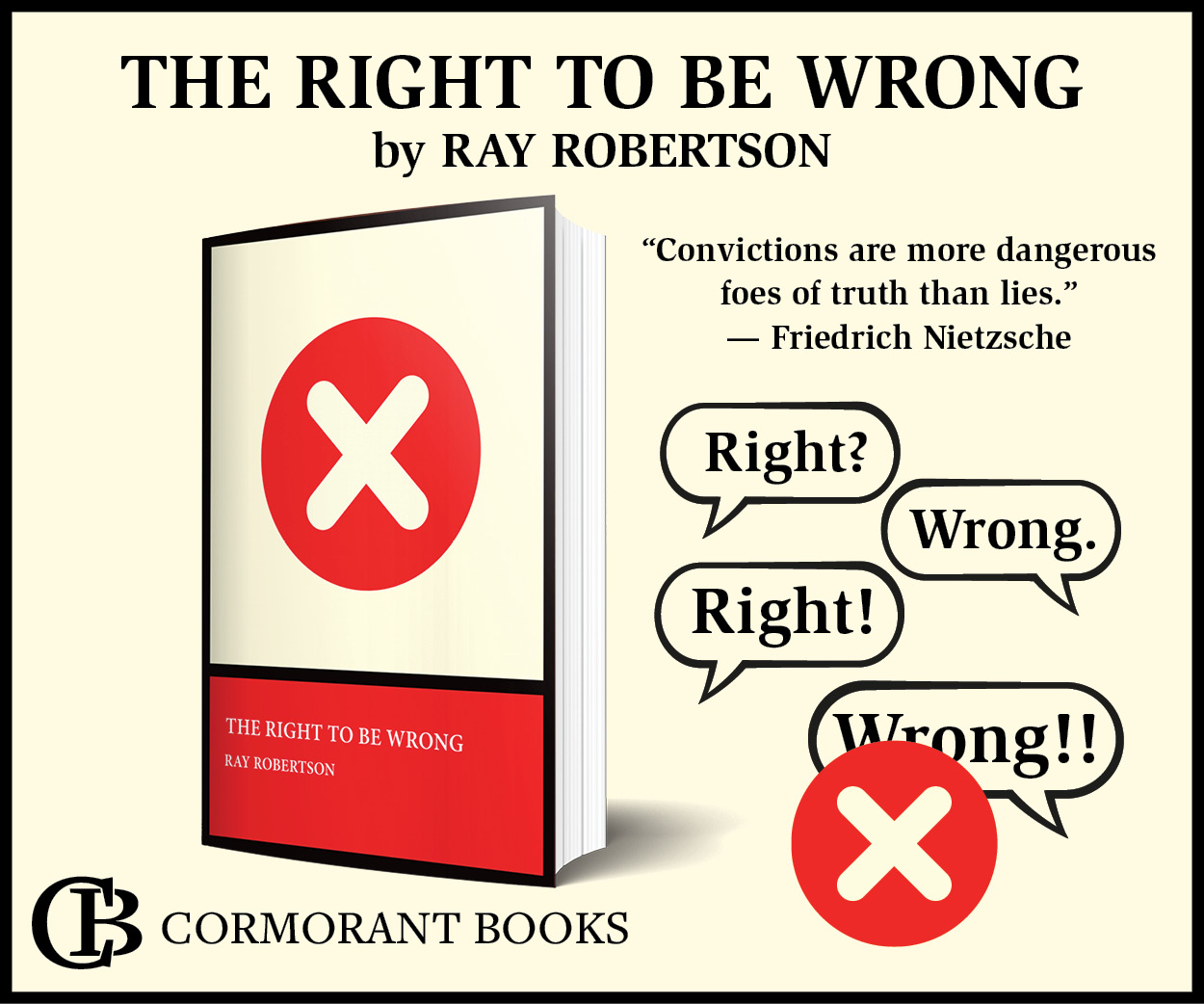Book Therapy: Workday Warrior
By Stacey May Fowles
“Your work likely presents you with one challenge after another. Your personal life, no doubt, does the same. All are sources of stress. And then there are other big-picture stressors—the pandemic, war, climate change, the economy.
With so much out of our control, focusing on what you can control is an important way of maintaining mental health.”
—Ann Gomez, Weekday Warrior: A Proven Path to Reclaiming Your Time
Everyone I know is tired.
When I have workday phone meetings, the question “how are you doing?” is usually met with a long, breathy sigh. My friends and colleagues not sleeping well, slogging through their assignments and projects, occasionally (apologetically) dropping important details, a sense of both overwhelm and resignation beating down on them.
“I wish my mood didn’t match the weather so much,” one told me, highlighting the fact that sunshine has been pretty scarce this winter.
I know the rampant exhaustion and sense of falling behind is in part due to the time of year. The cold coupled with that lack of sun certainly does something vicious to a person, makes them lethargic and disinterested, makes them simply want to hide away and rest. I definitely find myself going through my increasing daily to-do list like I’m swimming through sludge, unmotivated and much more incapable than I would be on a more hospitable day.
It also seems uniquely cruel that this time of perfectly natural seasonal ennui, this time of instinctual retreat (we are mammals after all,) coincides with the insidious messaging of “new year, new you.” We all feel like we’re falling behind while immense cultural pressure demands we be much improved versions of ourselves.
Since I started writing this column, I’ve naturally gravitated toward self help tomes, wondering if a template for retooling the self can actually be found on the page. Turns out that whether it is a plan to be a better human, to lean out and retreat into the salvations of solitude, or to develop a healthier relationship with social media, the journey to improve has many potential guidebooks.
So in the slow molasses of this sunless new year, while my own list feels both impossible to conquer and impossible to care about, it felt like a natural choice to pick up Ann Gomez’s Weekday Warrior, a newly published guide to that dreaded necessity—productivity.
The very notion of productivity has been quite rightly under attack in recent years, with pandemic realities pushing many of us to reassess the measure of our worth, and to realize we are so much more than the goods, services, or usefulness we provide. As a person still very much in the process of recovering from years of workaholic tendencies, I was understandably skeptical when I cracked open Weekday Warrior, suspicious that a book touted as “a proven path to reclaiming your time” would only suck me back into toxic notions of “more, faster, sooner.”
But even in the wake of our fantastic collective epiphany, I admit there are still too many things that need to get done, and only a finite amount of time to do them in. (For example, as I type this I currently have 1833 unread emails in my inbox,19 items on today’s to-do list, and two dozen cupcakes to order for my daughter’s birthday.)
Your CanLit News
Subscribe to Open Book’s newsletter to get local book events, literary content, writing tips, and more in your inbox
So how do we decide what’s really important? How do we set up boundaries, evade distraction, and ensure we have time for those important things? And most vitally, how do you make time when there is none? It would seem the answer—at least according to Gomez—is to stop pretending you can “do it all.”
“For too many years, I operated as if I could manufacture time,” she writes. “Lead that project? Yes! Join that committee? Sure! Attend that event? Absolutely! I used to believe I could do everything (and I still like this mindset.) But I also believed I could do it all at the same time (a recipe for frustration and overwhelm.)”
I know this frustration and overwhelm well. I often have too many projects on the go. I often say yes to things in the fear I won’t be asked again if I say no. I thoughtlessly pack my schedule with events and obligations I’m not even sure I want on the roster. In short, I’m not always discerning about where I spend my time, or if I’m really serving my best interests when I do.
To help solve this kind of scattered focus, Gomez explains four types of activities: core priorities, supporting tasks, future priorities, and distractions. In her mind, too many core priorities is a recipe for burnout disaster so clarifying is key. (She suggests only three at a time.) From there she carefully walks us through honing a realistic action plan, creating great deadlines, tracking your energy (“don’t give your precious morning hours away to meetings,”) using routines and habits to overcome decision fatigue, and being brave about establishing genuine boundaries—all in the service of getting the things that matter to you done.
And though she is firm that paring back and putting off is vital, she’s thankfully not inflexible in her general approach—even when it comes to a good nap, Instagram scroll, or cat video.
“Distractions don’t need to be avoided all the time,” she writes. “We don’t need to be productive every moment of our day. Mindless, simple pleasures can be a great way to take a necessary break…”
***
I admit certain aspects of Weekday Warrior made me anxious. Am I doing enough? Am I doing too much? Am I doing things in the most efficient way possible? But despite any initial skepticism, I came to understand that becoming comfortable and satisfied with what you achieve is more about establishing a clear internal value system and self-directed plan, one that prioritizes your own standards and goals over any external or comparative notions of what it means to be productive. (I know, easier said than done.)
In this sense, the Weekday Warrior plan for reclaiming your time is really just about taking a long, hard look at the things that matter and then making the decision to fully commit to them. It’s about protecting space for what is precious, and not diverting your attention to the superfluous. It is about discerning what is important right now, what can reasonably be put off until later, and what can really be ignored altogether.
“At its essence, productivity is about using your most precious resource, your time, in the most effective way,” Gomez writes. “Productivity helps you make meaningful progress on your most important goals.”
There is beauty in the simplicity of this message, but also an acknowledgement that beneficial changes to your day-to-day take time, commitment, and yes—hard internal work. And no matter what productivity methodology ultimately gets adopted, the to-do list items that really matter will eventually get checked off, the cupcakes will get ordered, and the sun will shine again.
Book Therapy is a monthly column about how books have the capacity to help, heal, and change our lives for the better.
The views expressed by Open Book columnists are those held by the authors and do not necessarily reflect the views of Open Book.
Stacey May Fowles is an award-winning journalist, novelist, and essayist whose bylines include The Globe and Mail, The National Post, BuzzFeed, Elle, Toronto Life, The Walrus, Vice, Hazlitt, Quill and Quire, and others. She is the author of the bestselling non-fiction collection Baseball Life Advice (McClelland and Stewart), and the co-editor of the recent anthology Whatever Gets You Through (Greystone).




